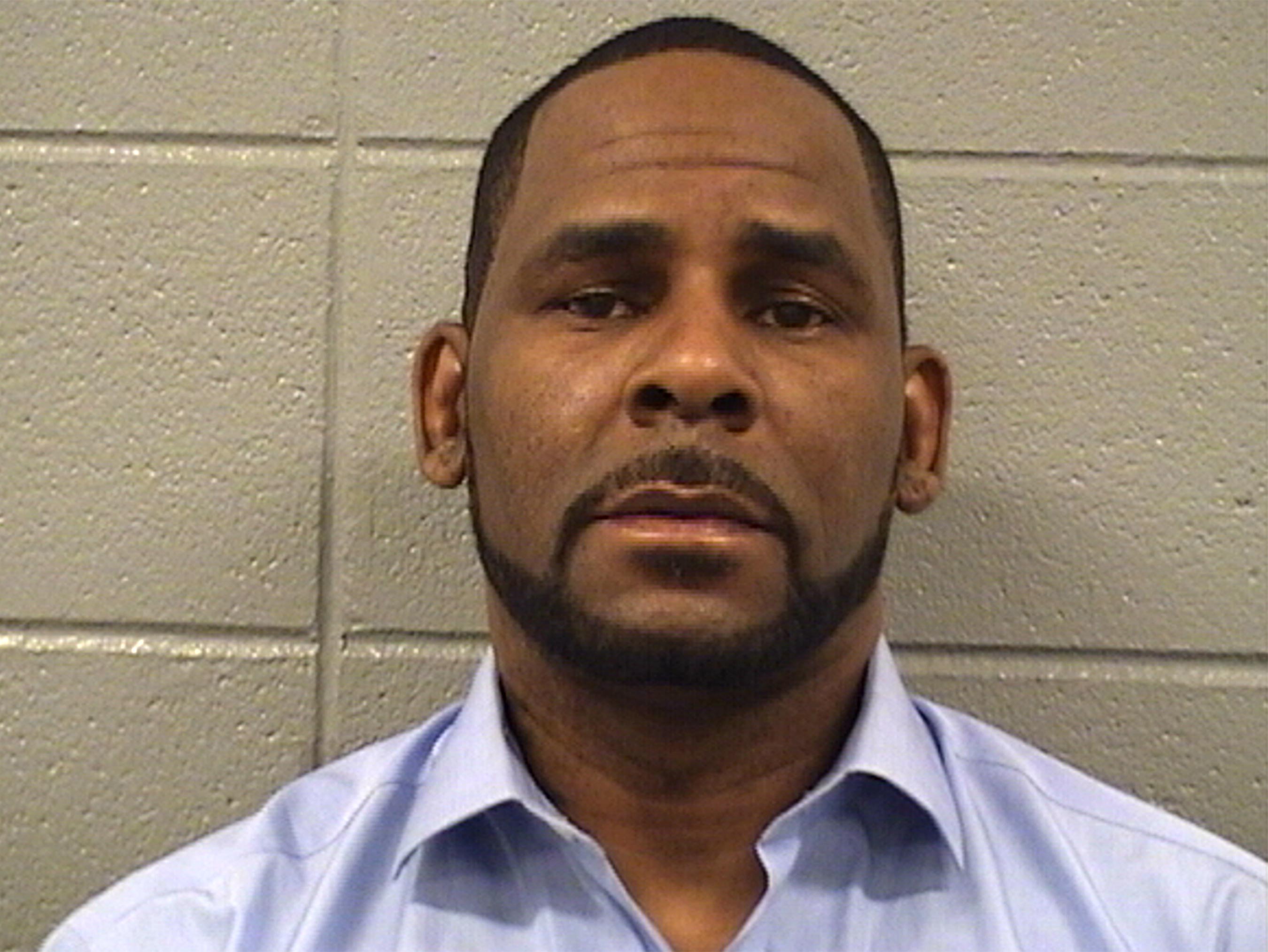
John De’Mathew, famous for cowboy hat, reportedly released more than 50 albums
Kenyans mourn as De’Mathew ‘King of Kikuyu music’ dies in car crash
Popular Kenyan musician John Ng’ang’a, known by his stage name John De’Mathew, has been killed in a car crash on Sunday prompting an outpouring of tributes from his fans.
Known as the King of Kikuyu music, the singer was on his way back from an event in the town of Thika, 45km (27 miles) north-east of the capital, Nairobi, when his car ploughed into a lorry.
Famous for wearing a white cowboy hat, he reportedly produced more than 50 albums in a three-decade career.
His style of music was known as Benga, with guitar setting a fast-paced rhyme. He always sang in Kikuyu, one of Kenya’s main languages.
The hashtag #RIPDeMathew is trending in Kenya, with people sharing their memories.
One tweeter said he always addressed social issues in his songs, like one about alcoholism:
And one account, calling him a “true hero” shared one of his tracks:
Dubbed “the King of Kikuyu music” – he was one of the few musicians to be famous countrywide despite only singing in his Kikuyu language.
President Uhuru Kenyatta said on Twitter that he played a big role in promoting “African cultural heritage through his music”:
His songs focused on love, politics and societal ills such as alcoholism – often using proverbs, metaphors and references to Kikuyu mythology.
While some have praised him as a “modern prophet”, one of his political songs was controversial and has divided opinion about his legacy.
Wituite Hiti, which means “You Have Made Yourself a Hyena”, was released ahead of the 2013 election.
The National Cohesion and Integration Commission (NCIC), set up to ease ethnic tensions after the violence that followed the 2007 election, said the lyrics bordered on hate speech.
It was thought he was referring to politician Raila Odinga, the main rival to Mr Kenyatta, a Kikuyu, who went on to win the presidential vote.
De’Mathew was charged in court over the song, but acquitted the following year.
Defending himself, he said the translations were taken out of context and had missed the message of the song.
Mr Odinga, who also lost the 2017 presidential vote, has tweeted his condolences to De’Mathew’s family, saying the singer was a great educator “on culture and current affairs”:
But some of Mr Odinga’s supporters have expressed surprise that the former prime minister has praised a musician accused of using derogatory language against him.
In his last days, De’Mathew championed the formation of a savings and investment society for struggling musicians.
He hailed from Murang’a County in central Kenya, and released his first song Jenifer in 1986.
But his breakthrough came the following year with Peris Nduku, meaning “My Dear Nduku”, a tribute to a fictitious girlfriend who the song says died in a road accident.




Recent Comments